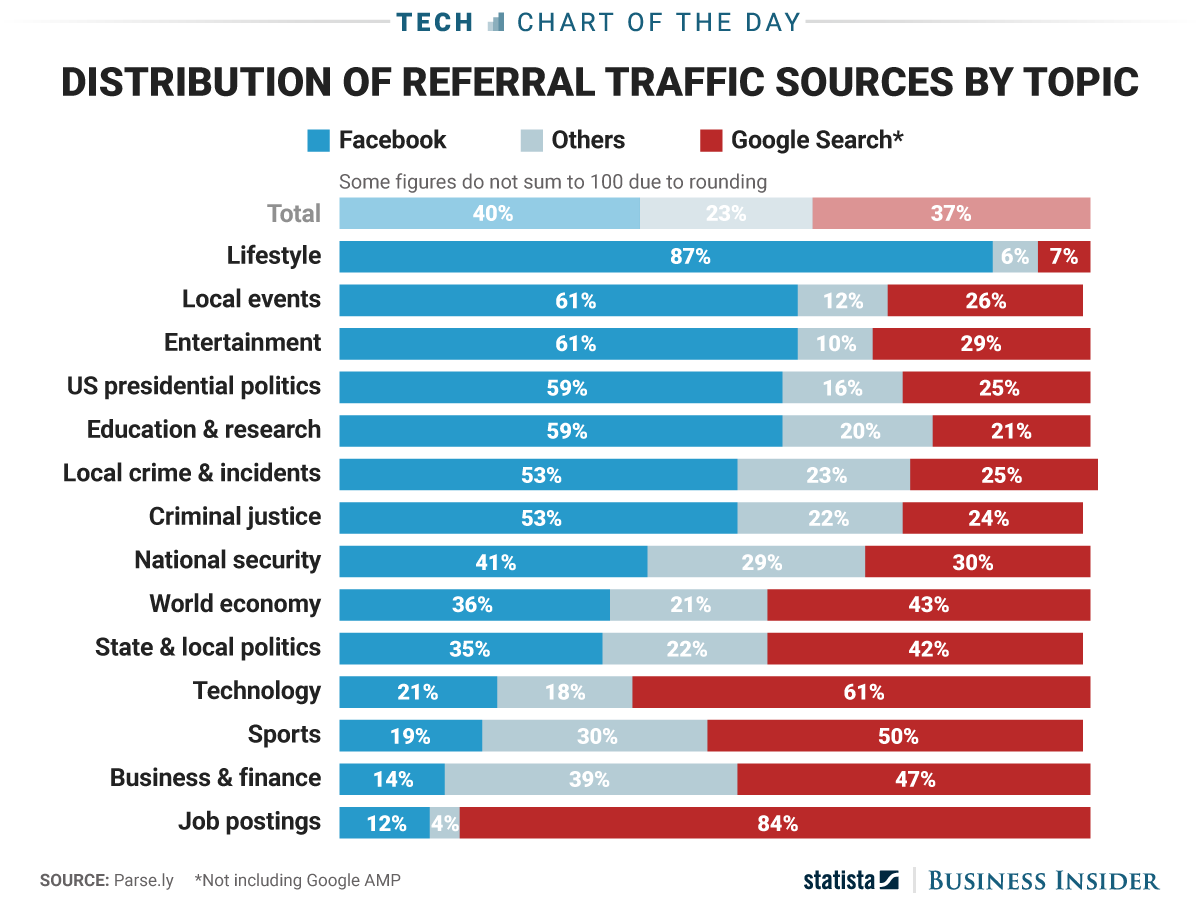Fresh off the recently concluded Super Bowl where one of the pre-game sub-plots that we heard about incessantly was Seattle Seahawks star Marshawn Lynche's reluctance/defiance in his 'engagement' with the collected media types at the event. Lynch, whether due to some kind of genuine shyness or anxiety, or because he simply wanted to be kind of a jerk, would not answer media questions prior to the game. He simply answered every question with "I'm just here so I won't get fined." And that lack of cooperation/participation, made some members of the media insane with anger.
I'm writing this post while waiting for the NBA All Star Game to tip off, and while sitting through the (really long) pre-game show, I hit upon this piece, about NBA superstar Kevin Durant's frustration with dealing with that sport's media types. In the piece, Durant, who is usually portrayed as a really nice, and genuine guy, is quoted as saying:
"You guys really don't know (expletive)," Durant told reporters in his final interview session before Sunday's All-Star Game.
Durant was later asked what stories he would like the media to focus on more.
"To be honest, man, I'm only here talking to y'all because I have to," Durant said. "So I really don't care. Y'all not my friends. You're going to write what you want to write. You're going to love us one day and hate us the next. That's a part of it. So I just learn how to deal with y'all."
For ages, sports media were intermediaries - they connected sports teams and star athletes to their adoring public. As recently as 10 years or so ago, there was almost no way for most athletes to engage with more than a handful of fans at a time, (before and after games, at autograph signing, etc.), without having to rely upon mass media and the reporters that were the conduit to the mass media outlets.
And reporters loved this. They loved having access, being important, being on some level the voice of both the athletes (by sharing their quotes), and of the fans, (by asking the questions of the athletes that the fans only wished they could). For 100 years this was how things worked.
But like pretty much everything else in the world, social networks, and smart phones, and wifi everywhere, and personal branding concepts are flipping that relationship between athletes and sports media, or at least eliminating most of the reasons the relationship needed to exist in the first place. Star athletes like Lynch and Durant can (and have) amassed hundreds of thousands of followers on various social media networks, can send messages to these followers anytime they like, and enjoy the fact that one of their tweets is likely to reach many, many more eyeballs than a reporter's bylined article in the sports section of the New York Times.
So it isn't really surprising that stars like Lynch and Durant are increasingly taking a more disinterested, even adversarial posture with the sports media. They feel, perhaps rightly, that the media are out to paint them in a less-than-positive light, and in a modern world where stars can and do build and nurture their own fan bases, the risk and low reward of dealing with traditional media is just not worth the hassle.
So if anything, I would expect more and more athletes taking Lynch and Durant's approach to media in the future.
What might this new tendency for star athletes to shun traditional media mean for us 'normals?'
Two things come to mind. The first one, and maybe the sort of obvious one, is that traditional middlemen, like many sports reporters, have little use in the modern, social world. No one needs a random reporter from Si.com or ESPN to ask any star player 'How did it feel when?' questions and then post the athlete's responses. The star can post their own tweet, or pic on Instagram, or whatever, to let their fans know 'How it felt.' The only middlemen that have a future it seems, are the ones that are based on an app and an algorithm, (Uber, AirBNB). People as middlemen? Not so much.
The other thing I think worth considering is the more general idea of how status and power and influence are determined or accrued. In sports, it used to be a really, really big deal for an athlete to get on the cover of Sports Illustrated magazine or on a Wheaties cereal box. And while those achievements might still matter in 2015, I wonder how much they have fallen in prestige compared to say, getting 1M Twitter followers or 500K views of a YouTube video of the athlete in action?
And for us, us regular folks, how much in the future will working at the 'right' companies matter to our long-term career objectives, or will building our own identity, persona, brand, and portfolios, independent of corporate interests mean even more?
Like Durant and Lynch don't need the mainstream media to communicate their message, or validate their success, I wonder if we are soon moving to a time when accountants, marketers, HR pros - whomever, won't need that same kind of validation from corporate owners.
Think of Durant's quote about sports media again.
Y'all not my friends. You're going to write what you want to write. You're going to love us one day and hate us the next. That's a part of it.
That quote could just as easily be about GM or Apple or Microsoft or your company.
Have a great week!

 Chart of the Day tagged
Chart of the Day tagged  HR,
HR,  Recruiting,
Recruiting,  chart,
chart,  data,
data,  media,
media,  referrals
referrals  Email Article
Email Article 
 Print Article
Print Article 

